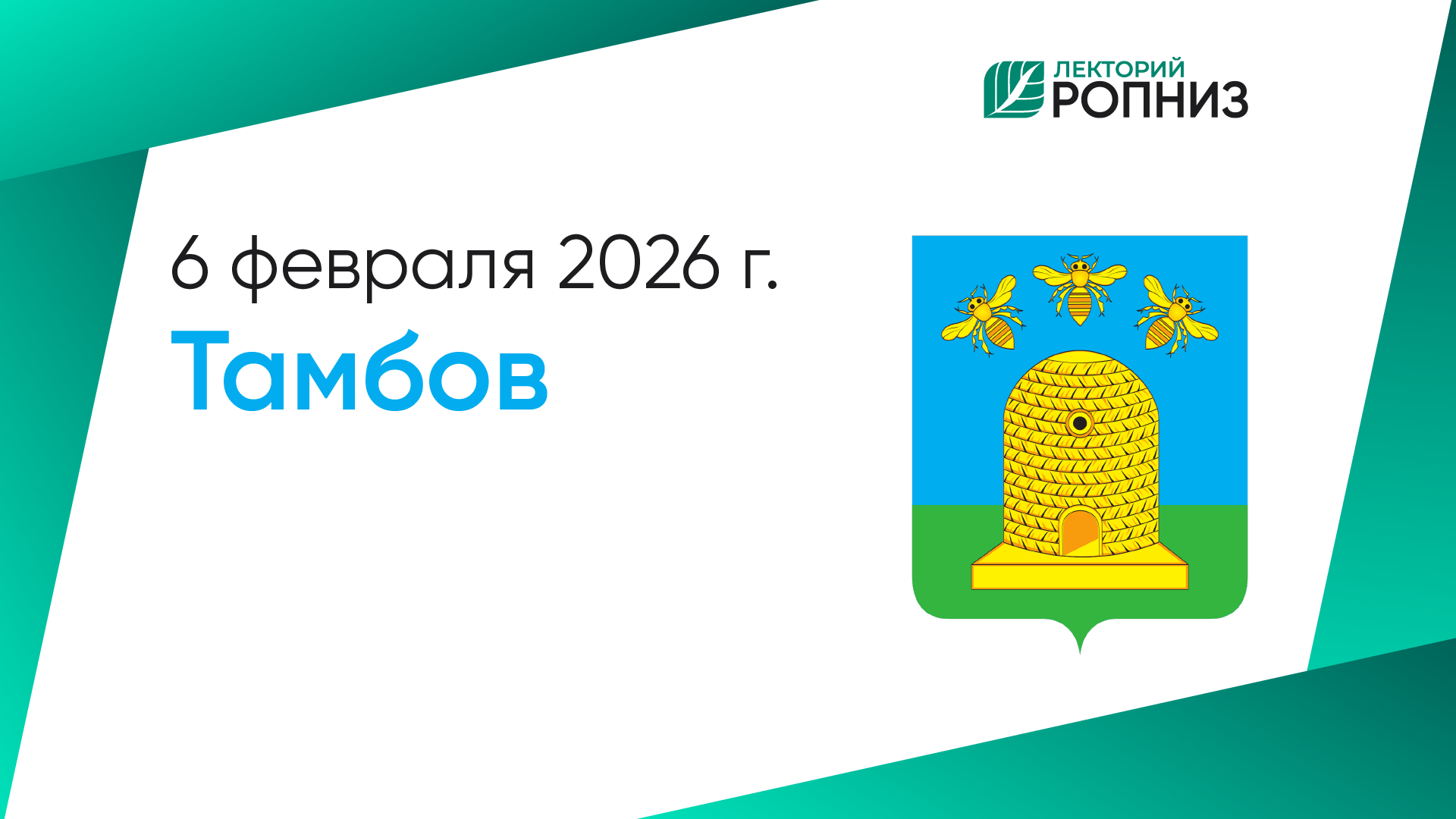Mercy in Russia's foreign policy: Russia's first medical diplomacy in Africa and its role in shaping Russian-Ethiopian relations in the late 19th and early 20th centuries
https://doi.org/10.15829/1728-8800-2025-4325
EDN: MUEYQF
Abstract
The object of study of this article was the political, diplomatic, military assistance of the Russian Empire to Ethiopia at the end of the 19th century. in defending their independence. The subject of study was the role of Russian doctors of the Russian Red Cross Society (RRCS) in eliminating the consequences of the humanitarian disaster in Ethiopia as a result of the Italo-Abyssinian War of 1895-1896. for the independence of Ethiopia. The article notes that in the second half of the 19th century. The leading states of Europe began the colonial division of Africa. Ethiopia (Abyssinia) was able to maintain independence thanks to political, diplomatic, and military assistance from Russia. Russia had its own political, economic, and religious interests in Africa, but they were not colonial in nature. Russia was interested in an independent Ethiopia and contributed in every possible way to this. The authors focus on the role of RRCS doctors in eliminating the humanitarian disaster due to the lack of medical care for the wounded as a result of the Italo-Abyssinian War of 1895-1896. The authors came to the conclusion that the versatile assistance of Russia allowed Ethiopia to defend its independence, the highest ideas of humanism and the impeccable work of the medical personnel of the RRCS sanitary detachment laid a strong and reliable foundation for the subsequent stages of development of bilateral relations between St. Petersburg and Addis Ababa.
About the Authors
Wolde Michael Nigusie KassayeRussian Federation
Moscow
T. I. Ponka
Russian Federation
Moscow
L. V. Tishabaeva
Russian Federation
Moscow
References
1. Tsypkin GV. Russian doctors in Ethiopia: at the origins of relations between the two countries. New and recent history. 2017;(4):109-16. (In Russ.)
2. Grigorieva SV. Mythologized stereotypes in intercultural communications: The Ethiopian Empire through the eyes of Russians. Bulletin of the Nizhny Novgorod Lobachevsky University. 2010;4(1):202-8. (In Russ.)
3. Khrenkov AV. Russian-Ethiopian relations in the XIX-early XX century: Collection of documents. Moscow: Publishing house of the company "East. lit.", 1998. 581 p. (In Russ.)
4. Bulatovich AK. The Third journey through Ethiopia. Moscow: Nauka, 1987. 119 p. (In Russ.)
5. Vlasov PM. From a note to the Minister of Foreign Affairs M. N. Muravyov on the prospects of bilateral relations. A new history of Ethiopia. Educational and methodical materials. Nizhny Novgorod, 2000. 71 p. (In Russ.)
6. Lvov E. Russian Red Cross in Abyssinia. Moskovskie vedomosti. 1896;(74), 15.03.1896:2. (In Russ.)
7. Tsypkin GV. Ethiopia: from fragmentation to political centralization. Moscow: Nauka, 1980. 224 p. (In Russ.)
8. Khrenkov AV. Russia and Ethiopia: the history of relations from Peter I to Nicholas II. Moscow: Cherry Pie, 2022. 208 p. (In Russ.)
9. Degterev DA, Kassae Nygusie VM. The first Ethiopian students in the Russian Empire. Questions of history. 2018;(5):69-79. (In Russ.)
Review
For citations:
Nigusie Kassaye W.M., Ponka T.I., Tishabaeva L.V. Mercy in Russia's foreign policy: Russia's first medical diplomacy in Africa and its role in shaping Russian-Ethiopian relations in the late 19th and early 20th centuries. Cardiovascular Therapy and Prevention. 2025;24(1S):4325. (In Russ.) https://doi.org/10.15829/1728-8800-2025-4325. EDN: MUEYQF
JATS XML

























































